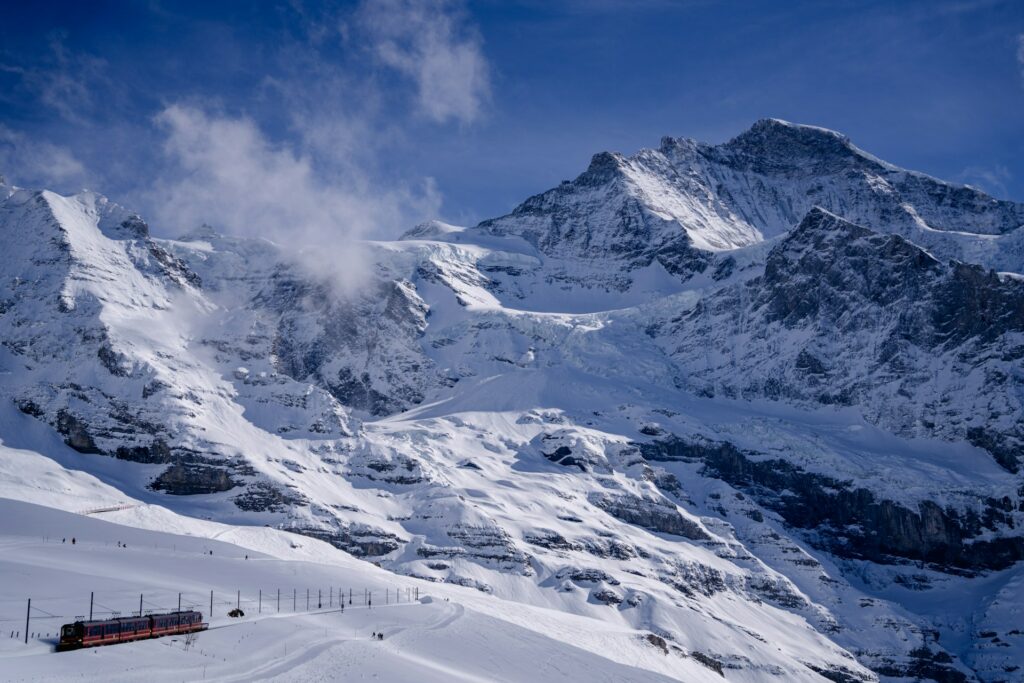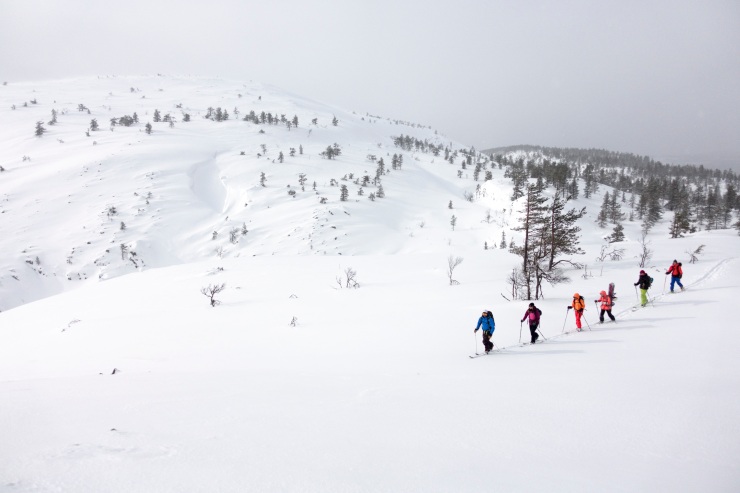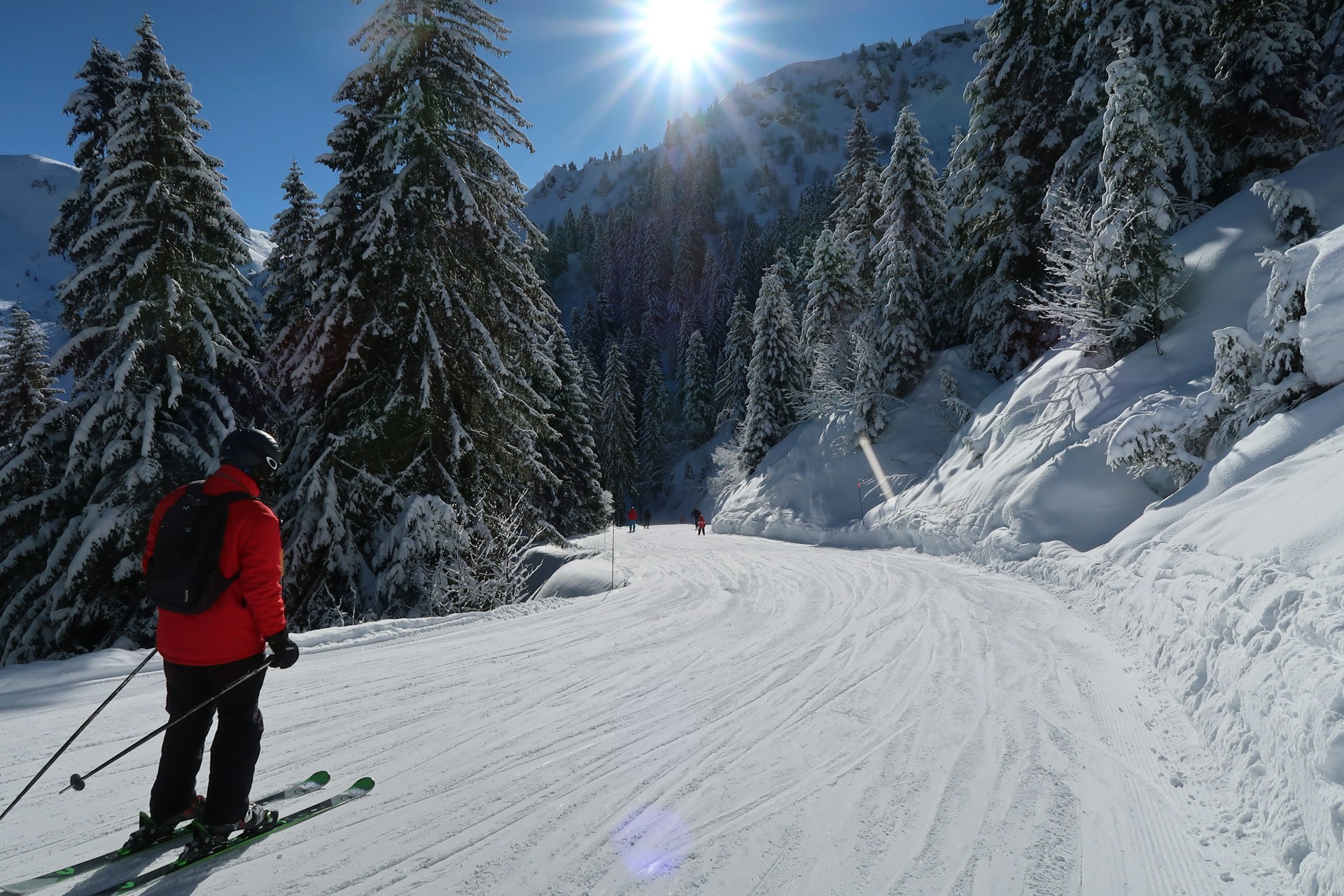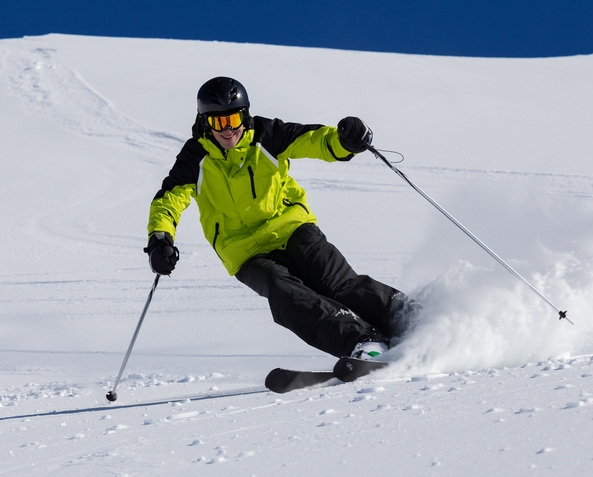Skiing is more than just a winter sport—it’s a passion, a lifestyle, and for many, an addictive pursuit. But what exactly makes this alpine adventure so enticing that it keeps people coming back season after season? This article explores the multifaceted allure of skiing, dissecting the many reasons why this snow-dusted sport is so habit-forming.
The Thrill of Speed
Who doesn’t love the exhilarating sensation of speed, especially when it’s experienced in the great outdoors? In skiing, this thrill is amplified, providing a rush that is hard to replicate. Let’s delve into this aspect to understand why it adds to skiing’s addictive nature.
The Adrenaline Effect
There’s no denying the electrifying rush of slicing down a mountain at high speeds with nothing but a pair of skis beneath your feet. This thrill, this adrenaline effect, is a powerful factor that contributes to the addictiveness of skiing.
Adrenaline, a hormone produced in high-stress or exhilarating situations, triggers the body’s “fight-or-flight” response. It increases heart rate, boosts energy, and sharpens the mind. For many skiers, this adrenaline rush is exhilarating, creating a sense of euphoria and excitement that is incredibly addictive. Each twist, turn, and jump on the slope provides a new chance for an adrenaline boost, creating a cycle that skiers yearn to repeat.
Connection with Nature

One cannot discuss skiing without mentioning the beautiful natural environments it immerses you in. This deep connection with nature serves as a compelling magnet that attracts many to the sport.
Skiing and the Outdoors
Skiing offers a unique and intimate connection with nature. The beauty of the snow-dusted mountains, the crisp alpine air, and the tranquility of the snow-covered slopes—there’s nothing quite like it. This close connection with nature can be both invigorating and therapeutic, drawing skiers back to the slopes time and time again.
Moreover, skiing allows for an appreciation of natural landscapes that few other sports can match. Whether it’s the frosty panorama from the top of a summit or the tranquil serenity of a pine forest trail, these experiences create lasting memories that can drive a lifelong love for the sport.
Physical and Mental Health Benefits
Apart from the thrill and connection with nature, skiing also offers a host of health benefits, both physical and mental. Let’s understand how these contribute to making skiing an addictive sport.
Physical Health Benefits of Skiing
Skiing is an excellent workout that engages multiple muscle groups. The activity strengthens the lower body—including the thighs, hips, calves, and glutes—and improves core stability. Additionally, skiing is an excellent cardiovascular exercise that can boost overall endurance.
The physical exertion involved in skiing also stimulates the production of endorphins, the body’s natural painkillers and mood elevators. These “feel-good” hormones can heighten the sense of pleasure experienced during skiing, contributing to its addictive nature.
Mental Health Benefits of Skiing
Beyond the physical benefits, skiing also provides significant mental health benefits. The combination of physical exercise, fresh air, and breathtaking scenery can significantly reduce stress and anxiety levels.
Furthermore, the mental focus required to navigate the slopes is a form of mindfulness, keeping skiers present and engaged in the moment. This aspect of skiing can serve as a mental escape from the stresses of daily life, which is another factor contributing to its allure.
The Challenge and Mastery
Skiing is a sport that always has something new to offer, no matter the level of expertise. This element of challenge and personal growth can make the experience quite addictive.
The Constant Challenge in Skiing
No matter one’s skill level, skiing always presents new challenges—be it a tougher slope, a more complex technique, or challenging weather conditions. This constant need for growth and improvement can be incredibly addictive.
Role of Personal Growth and Mastery
There’s a deep sense of satisfaction that comes from mastering a new skill or conquering a challenging slope. In skiing, these moments of personal achievement are significant motivational drivers. The progress and personal growth experienced in skiing can lead to increased self-confidence and self-efficacy, further enhancing the sport’s addictive appeal.
Social Aspects
Skiing also comes with its social dimension, involving camaraderie and shared experiences, further increasing its allure.
The Community and Social Interactions in Skiing

Skiing is not only an individual pursuit but also a highly social activity. From ski lessons and group trips to the camaraderie found in the après-ski scene, the social aspect of skiing adds another layer to its allure. The shared experiences and friendships formed on the slopes often become as much a part of the skiing experience as the sport itself, contributing to its habit-forming nature.
The Unique Culture and Lifestyle
Beyond the physical activity, skiing also represents a unique culture and lifestyle. This element adds an additional layer of interest, making the sport even more addictive.
Exploration of Ski Culture
Finally, the unique culture and lifestyle associated with skiing play a significant role in its addictiveness. The buzz of ski towns, the exciting après-ski activities, and the overall ambiance of the ski community create an enticing atmosphere that goes beyond the sport. For many skiers, these cultural elements are as much a part of the appeal as the physical act of skiing.
Conclusion: Why Skiing is Addictive
In conclusion, the addictiveness of skiing is a result of multiple intertwined factors. It provides an adrenaline-filled escape, a connection with nature, an opportunity for personal growth, and a chance to be part of a vibrant community—all while offering significant physical and mental health benefits. Whether you’re drawn to the thrill of the downhill, the beauty of the mountains, or the camaraderie of the ski community, it’s easy to see why once the skiing bug bites, it’s hard to shake it off.
Related Guides

